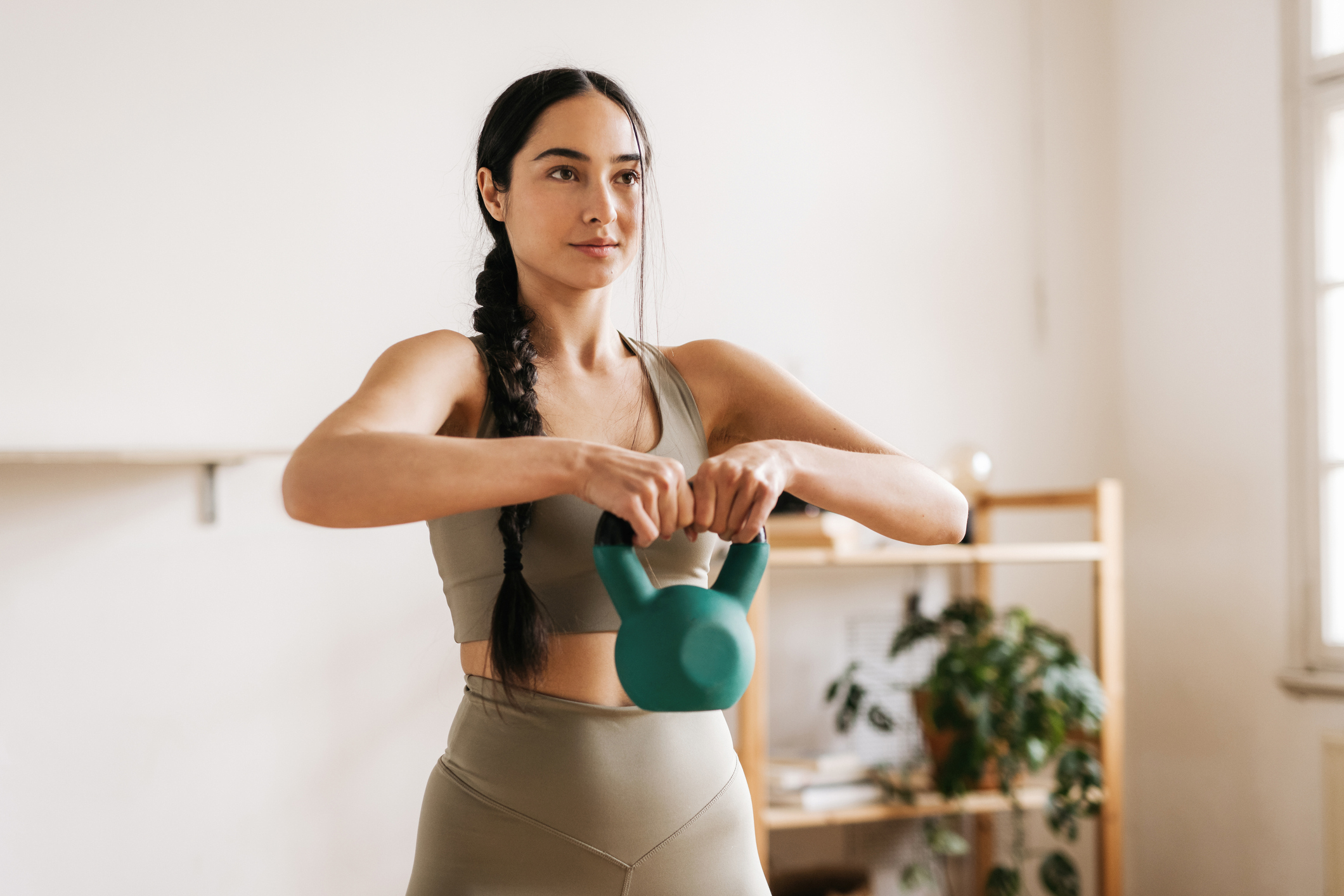News
-
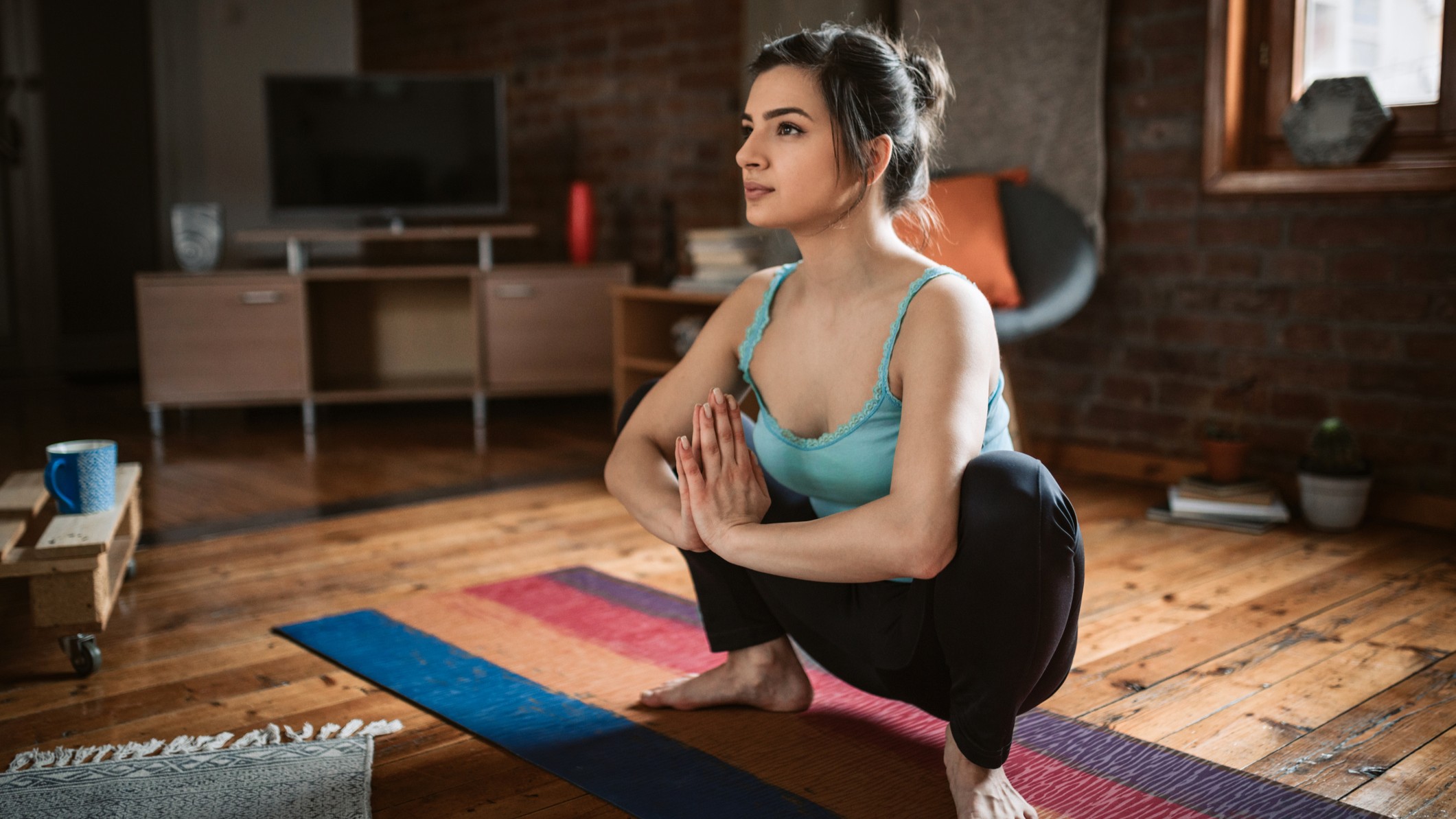
Hip stretches not working for you? These five dynamic movements did wonders for my mobility—and they're physical therapist-approved
I tried this dynamic hip stretch routine and it felt so good I had to ask a physical therapist to find out why it was so effective
By Lou Mudge Published
-
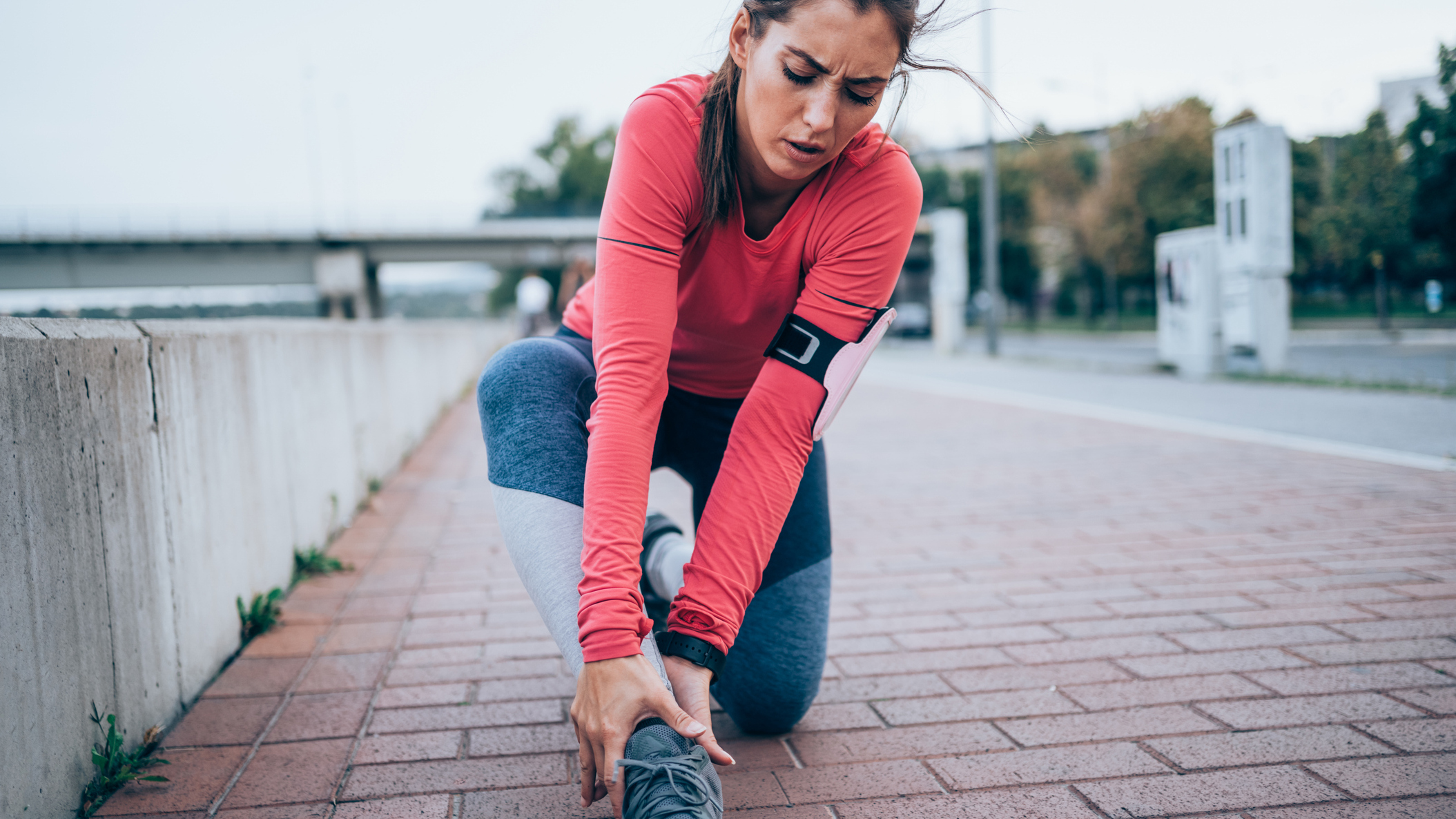
Runners—this quick routine will protect your ankles and help avoid injury
If you’ve rolled an ankle on a run, add this quick routine to your training to prevent it from happening again
By Maddy Biddulph Published
-

Do this five-minute stretching routine while you're watching TV to bring some relief to stiff muscles
Stretching Feel like you don't have time to stretch? Do it during your usual evening routine
By Alice Porter Published
Stretching -
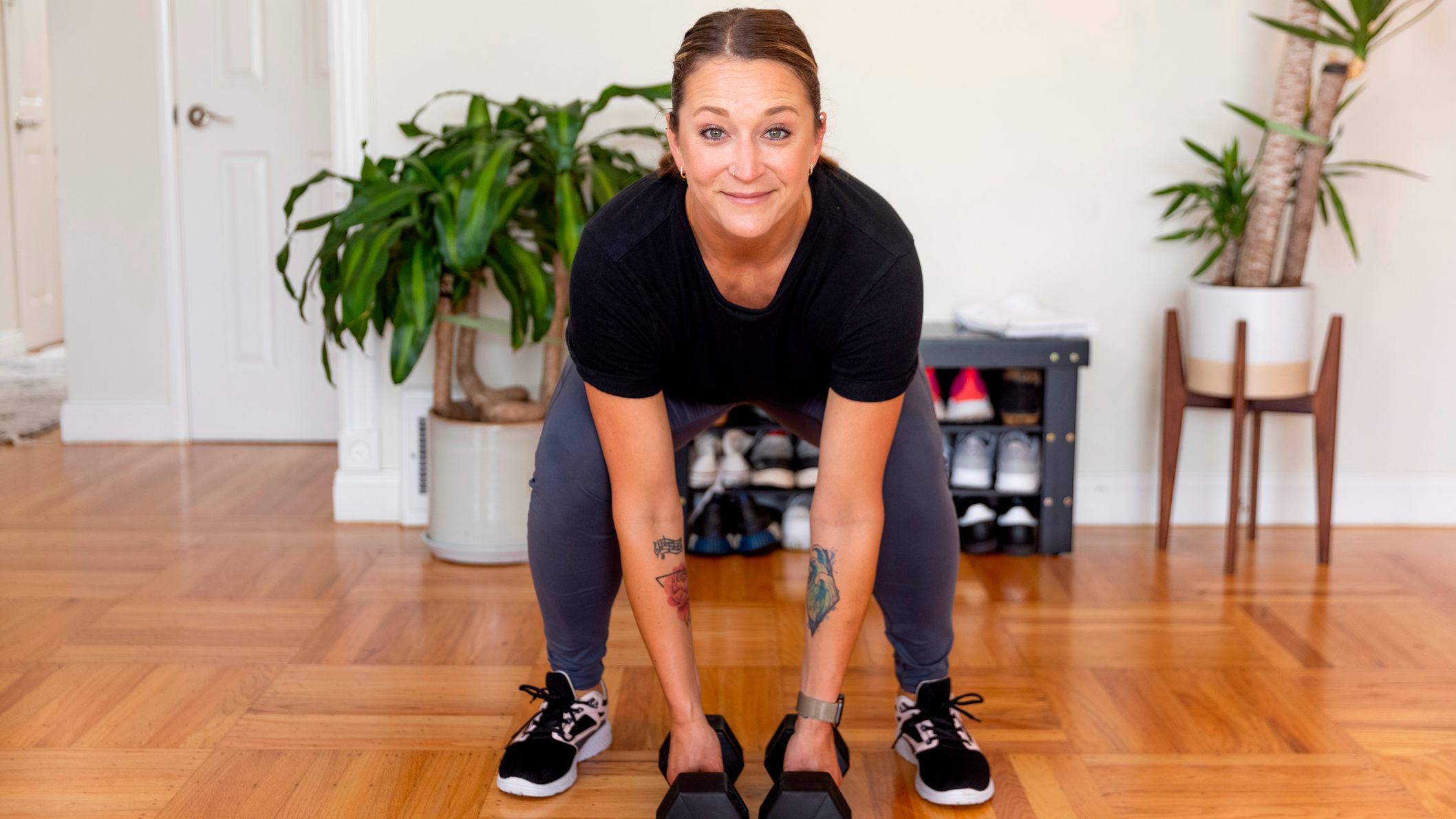
Forget the gym—all you need are two dumbbells and five moves to build muscle all over at home
Workout Work all the main muscle groups in just 20 minutes with this dumbbell workout
By Lou Mudge Published
Workout -
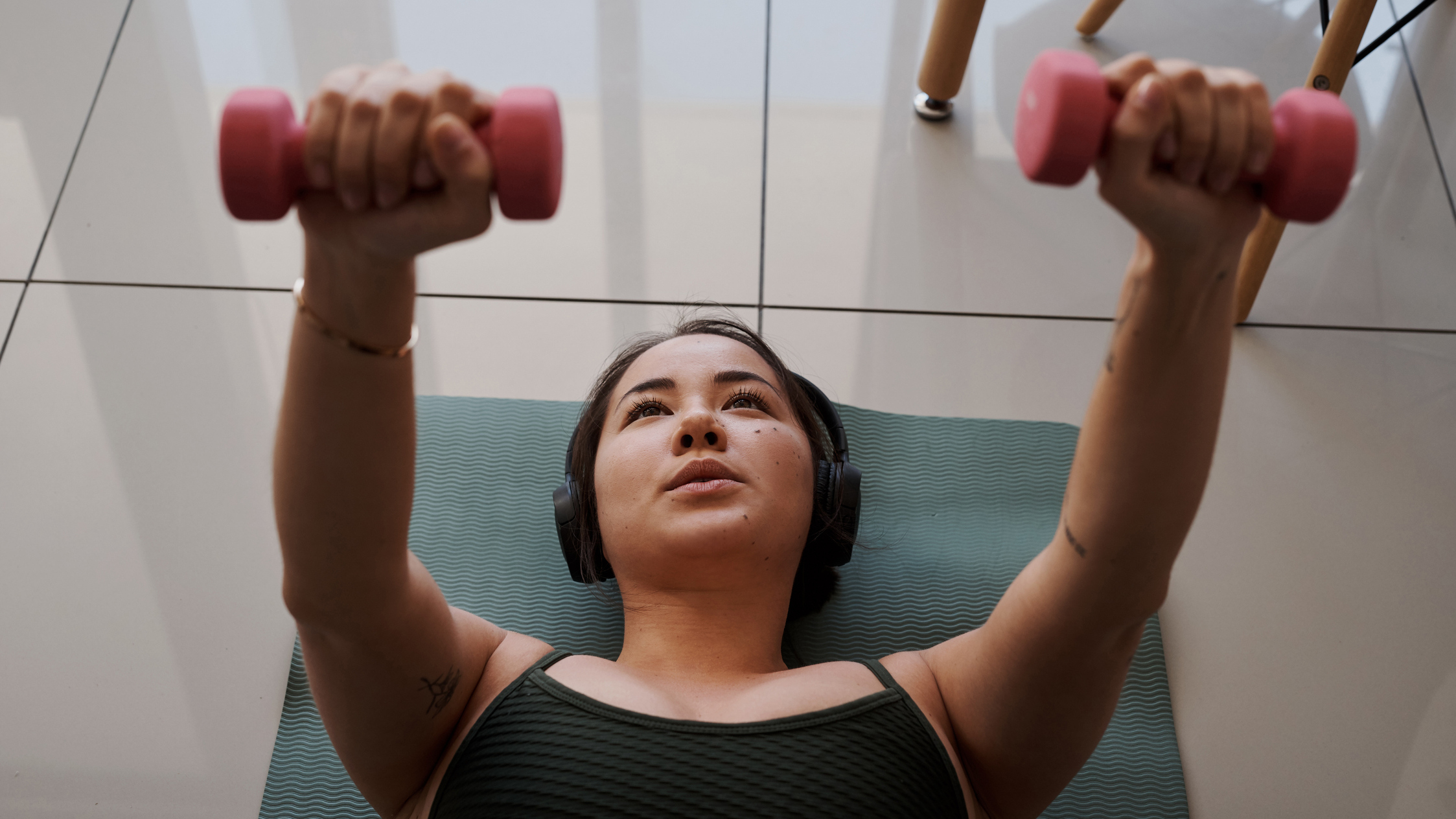
An expert trainer has shared a simple hack that will help you get the most out of your home dumbbell workouts
Home gym hacks Increase the range of motion for some dumbbell exercises with this smart home gym hack
By Alice Porter Published
Home gym hacks -
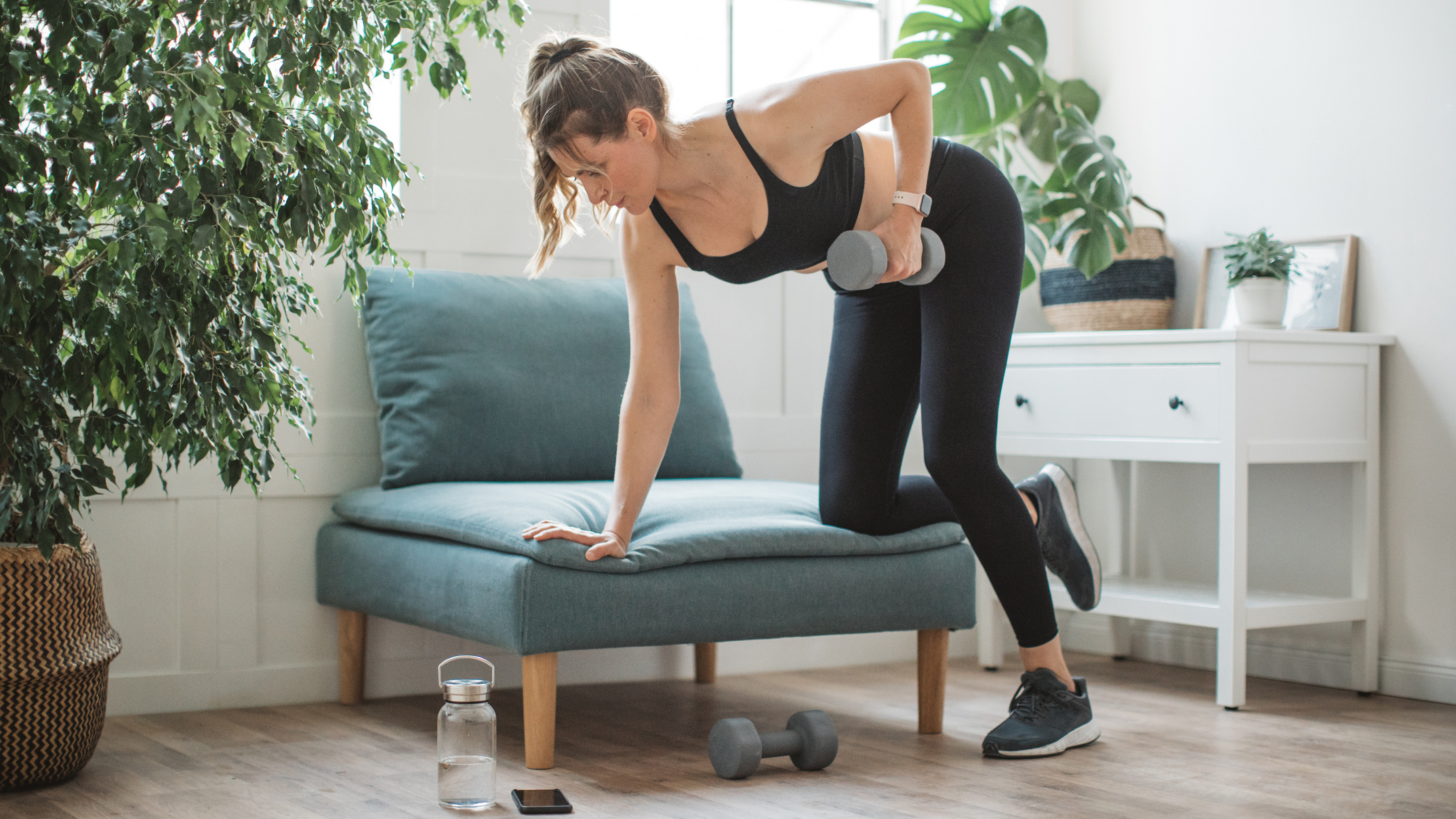
A functional workout just like this one transformed the way my body felt and moved
Dumbbell workout Do these exercises in your 30s and 40s so you're pain-free in your 50s, 60s and 70s
By Alice Porter Published
Dumbbell workout -

A physical therapist says doing these mobility drills before a run can help you avoid injury
Mobility Try this quick warm-up to avoid running injuries
By Maddy Biddulph Published
Mobility -
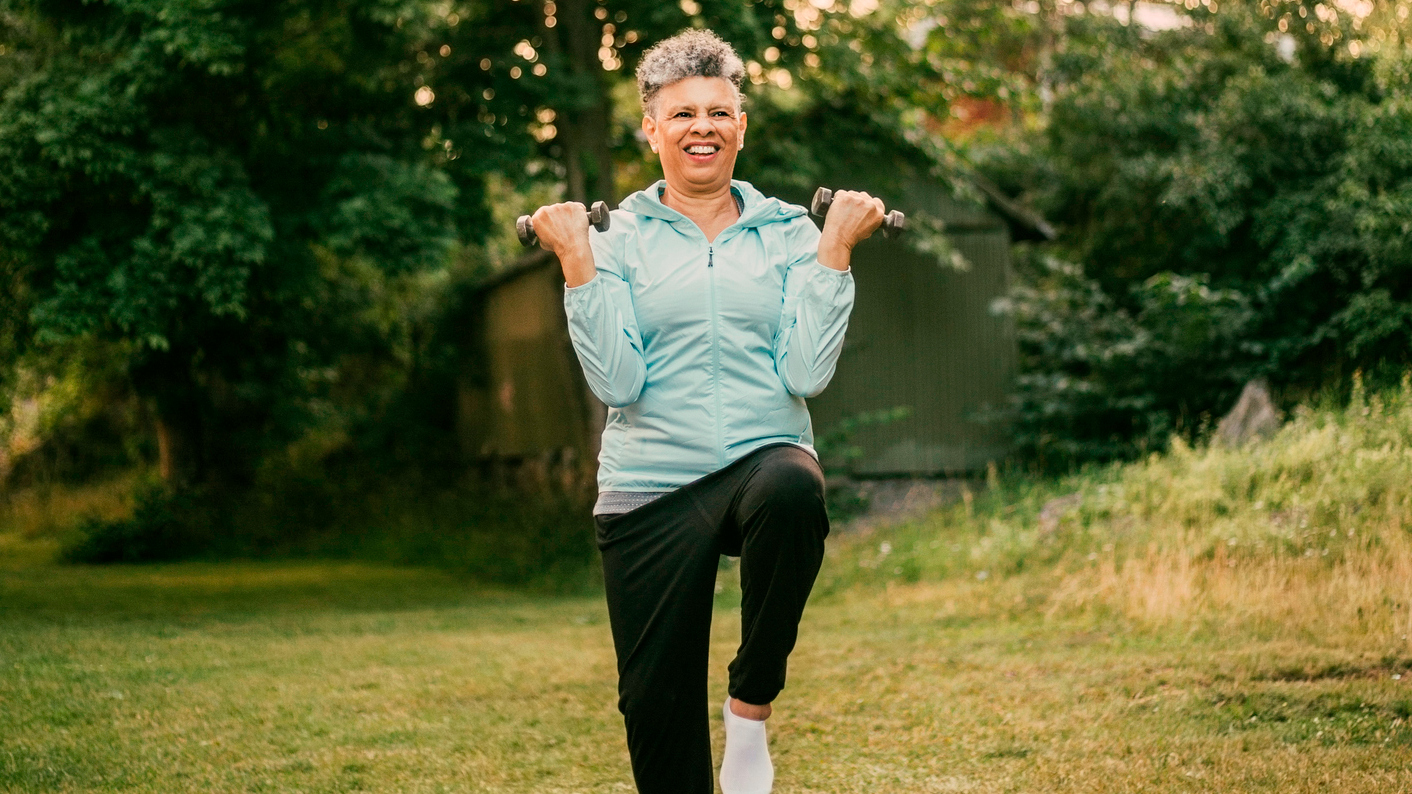
I help seniors improve their balance—these are the moves everyone should do today to futureproof their body
Active ageing Grab a pair of light dumbbells and start balance training
By Maddy Biddulph Published
Active ageing -
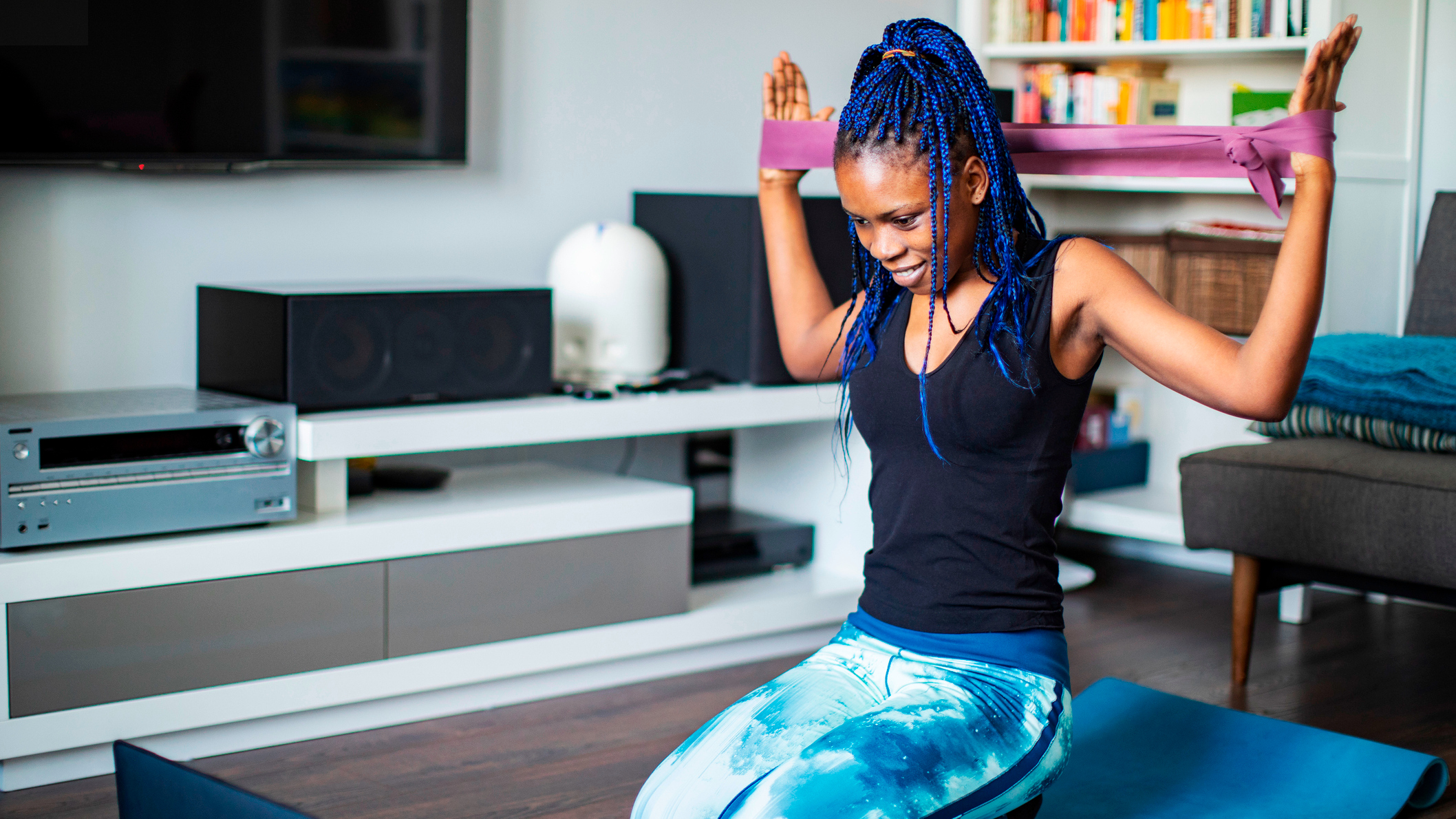
This upper-body exercise snack is the perfect way to strengthen your arms, shoulders and back—and it only takes 10 minutes
10-minute workout Strengthen your upper body and relieve some of the tension that can build up from sitting all day
By Maddy Biddulph Published
10-minute workout
